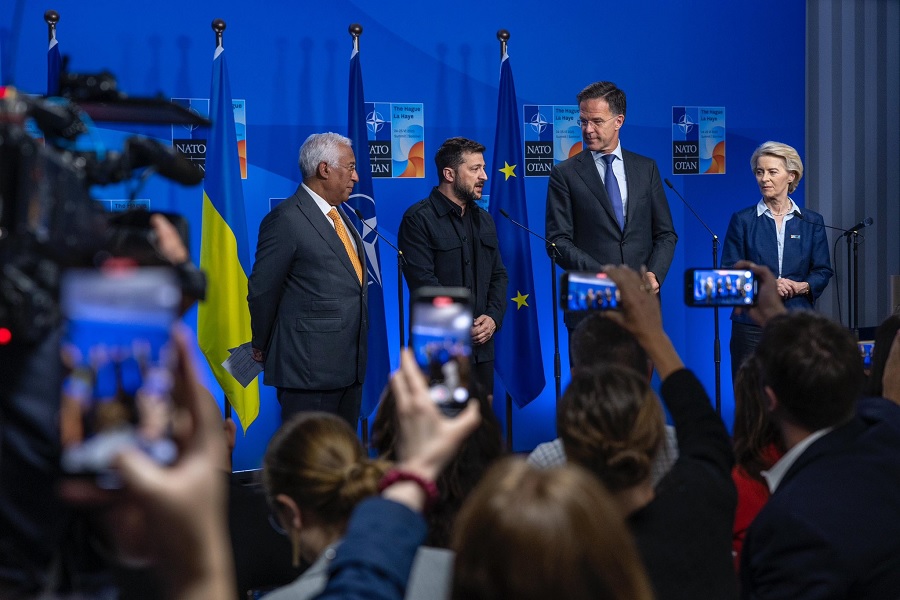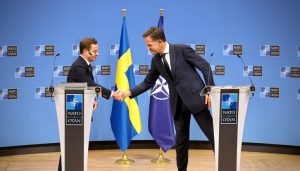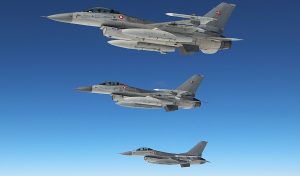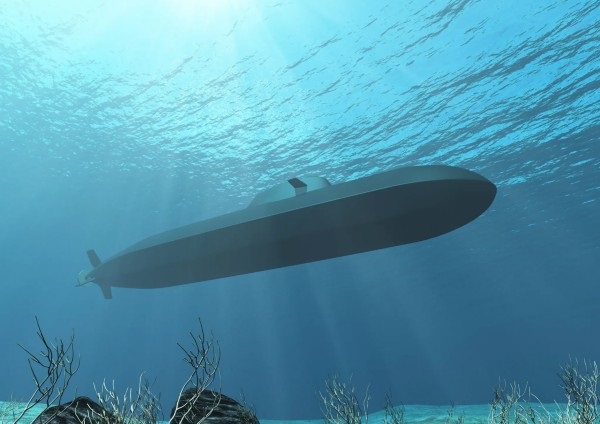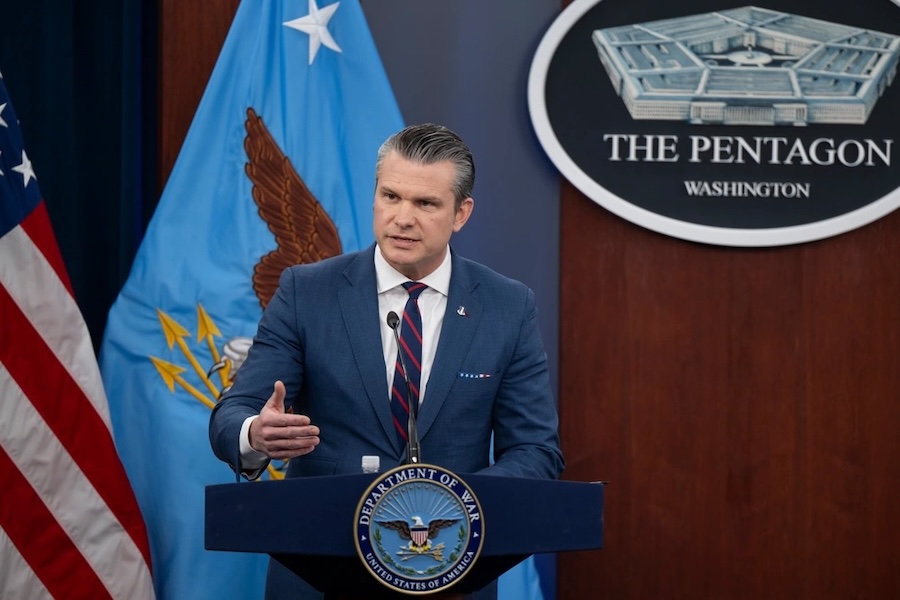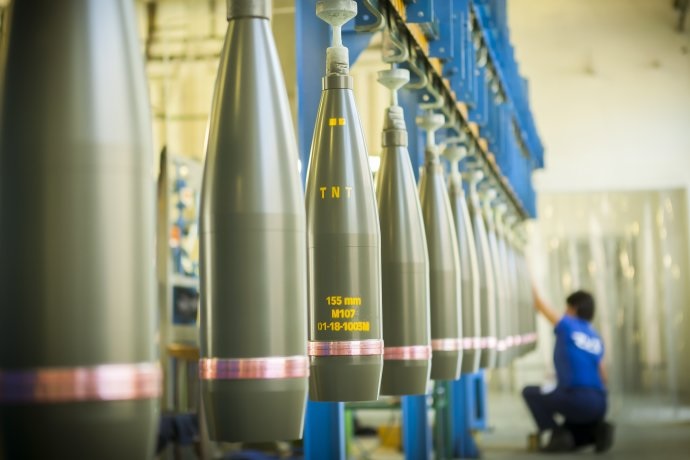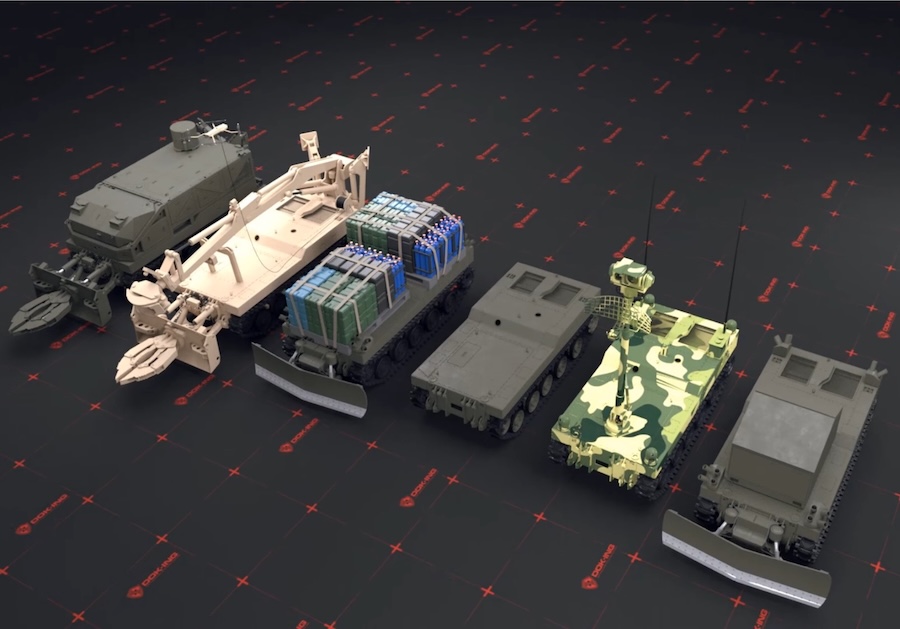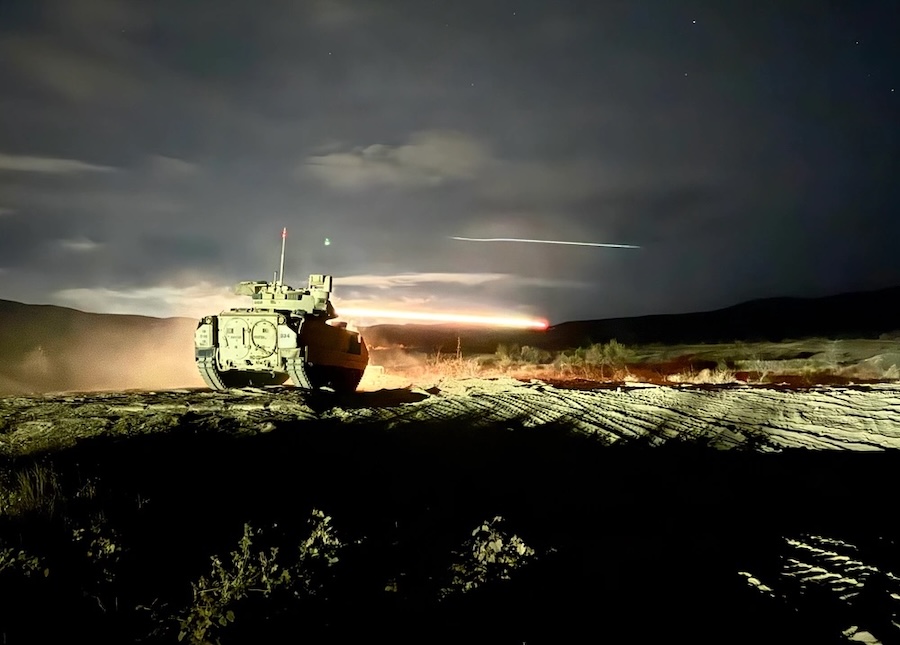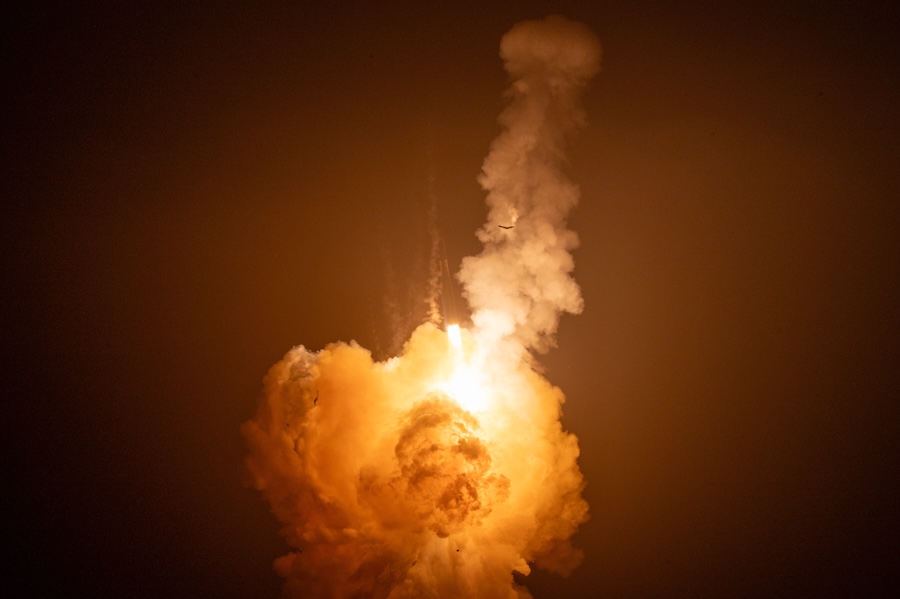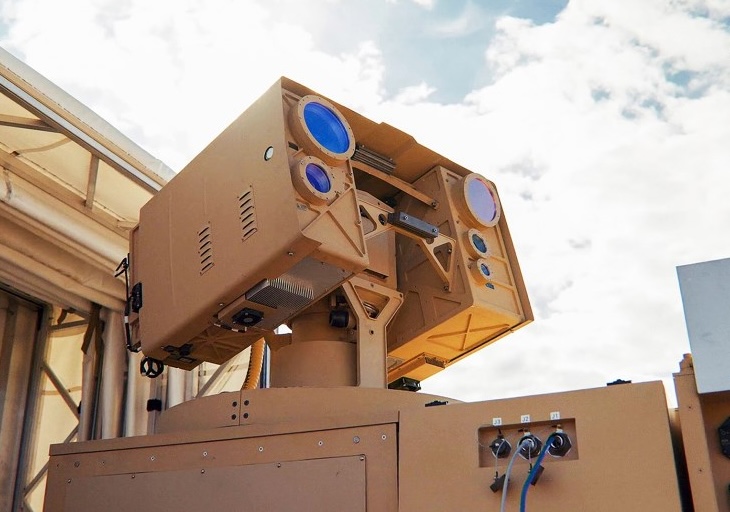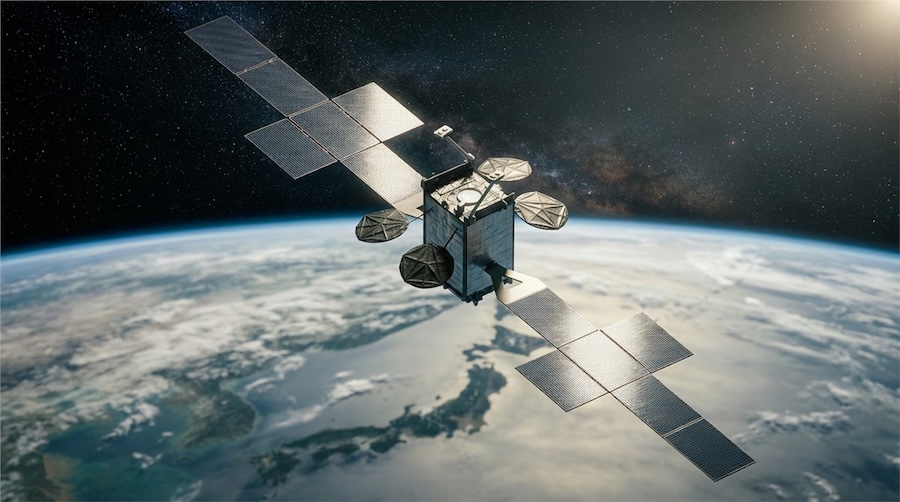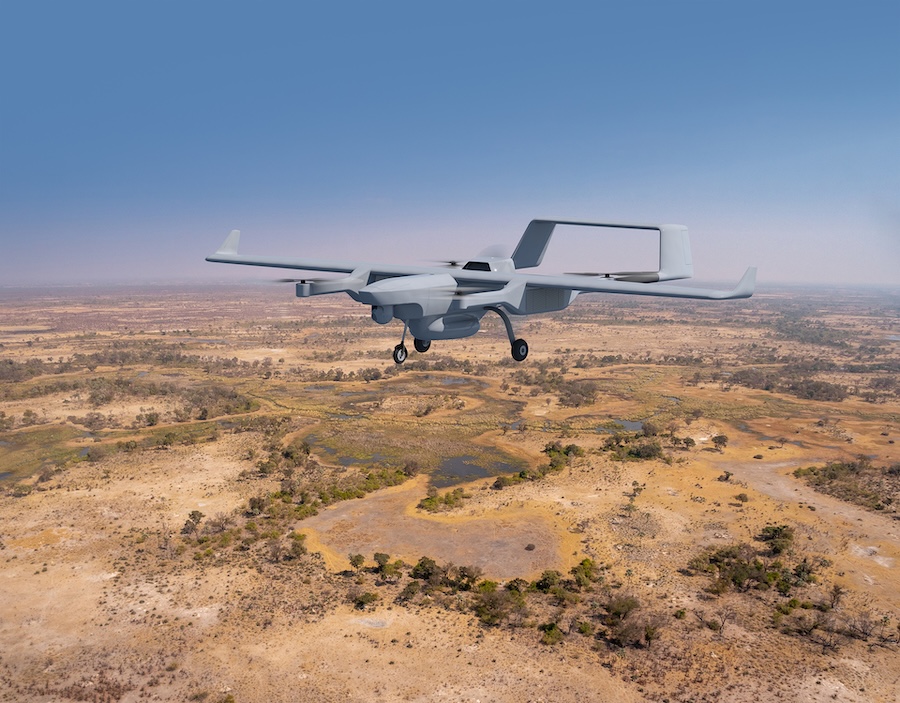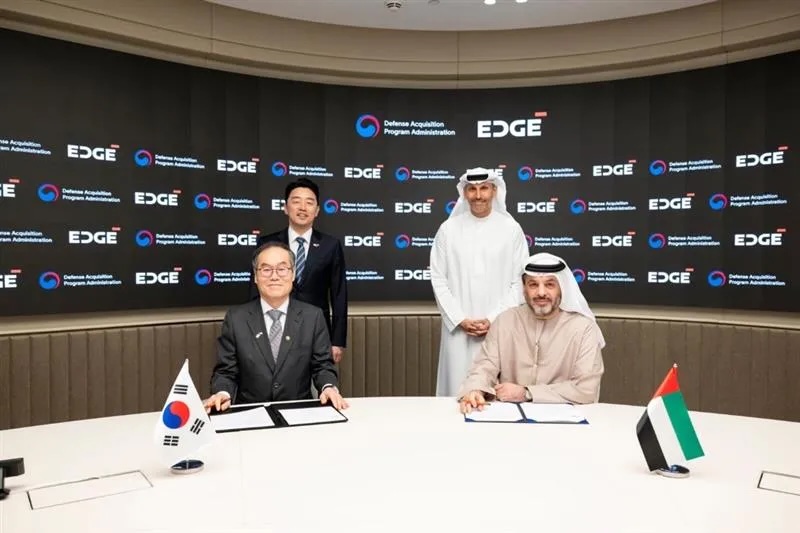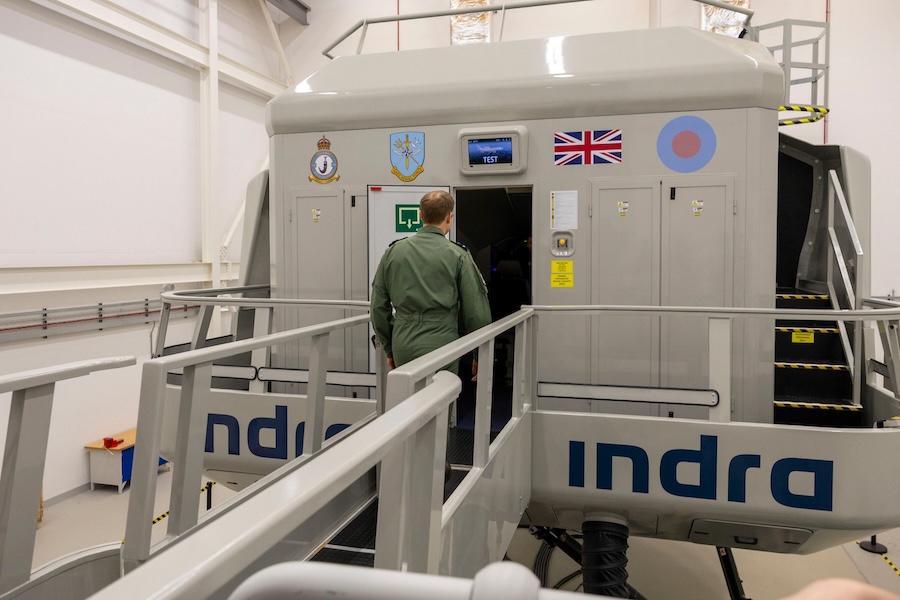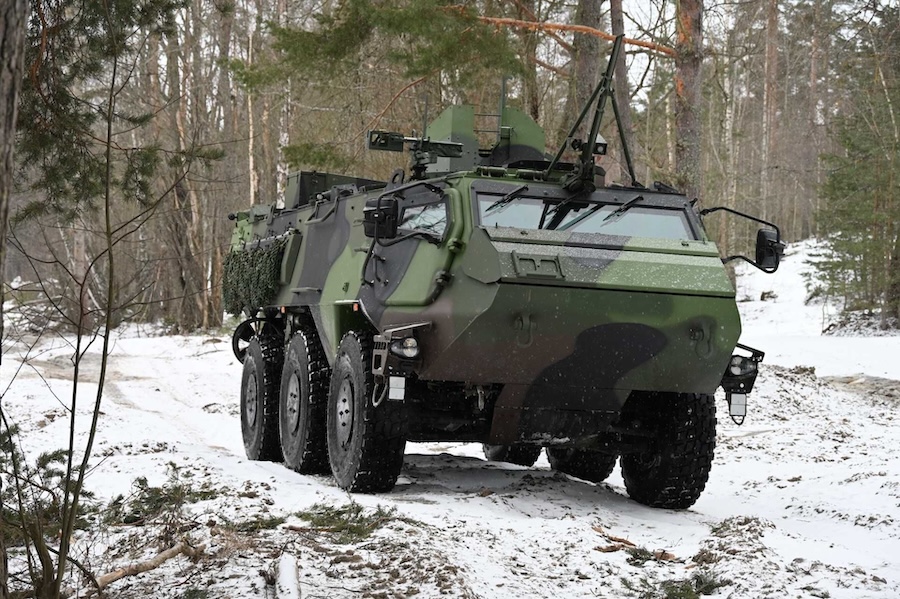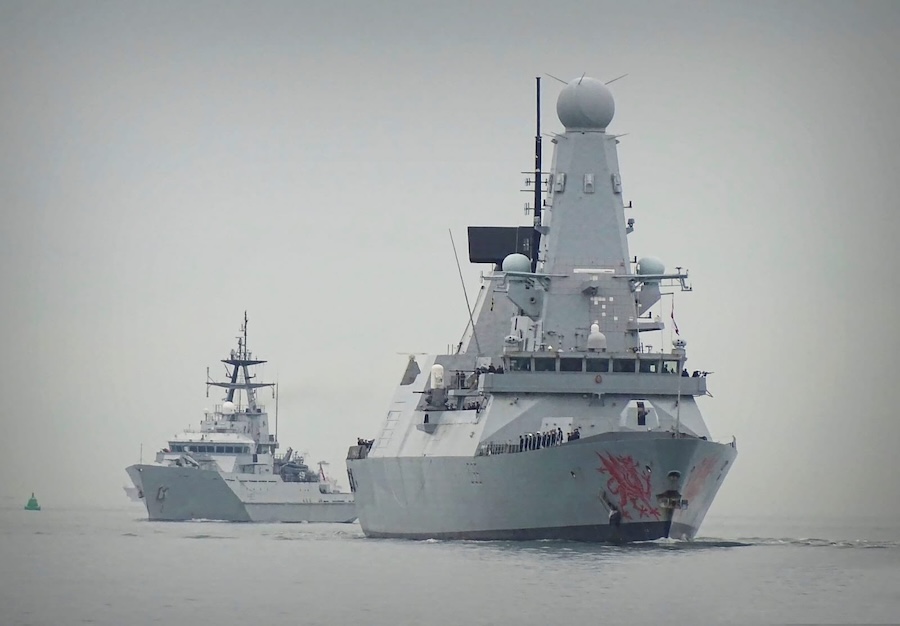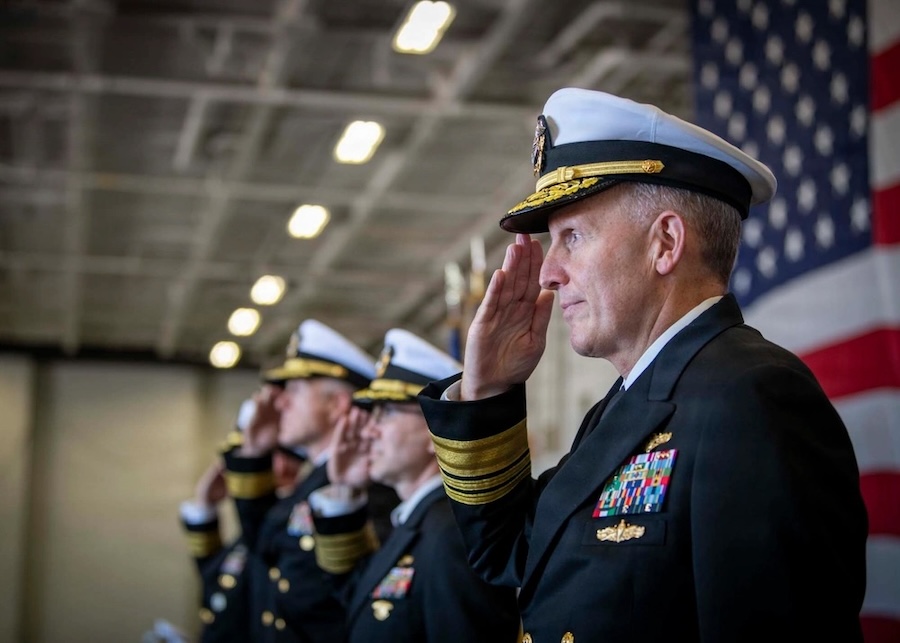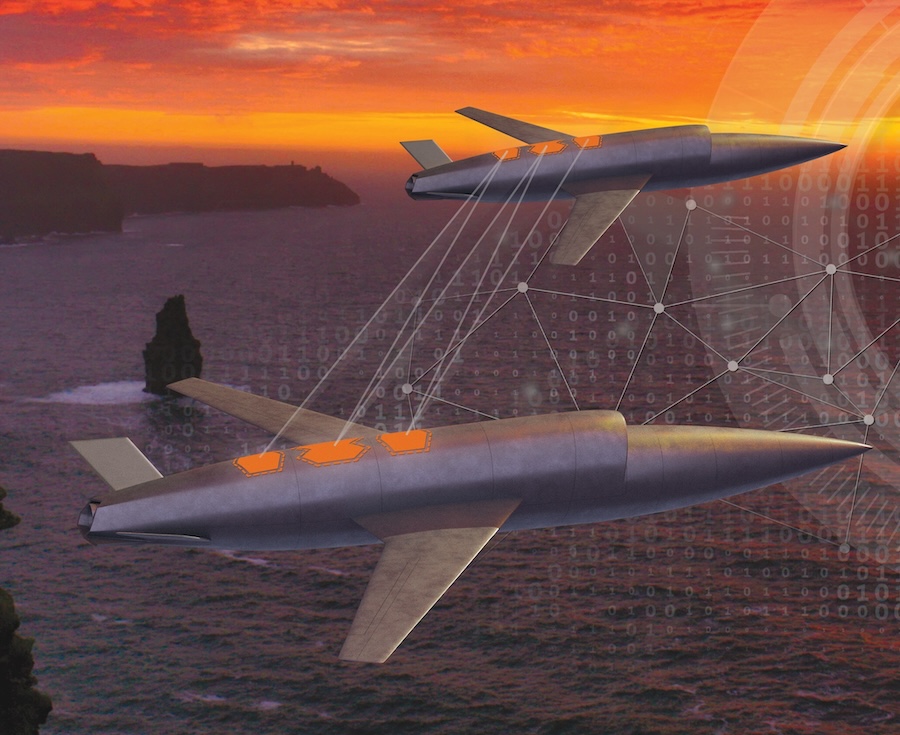“There’s no defence without a strong defence industry, and there’s no European security without a strong transatlantic bond,” Mr Rutte said, underlining the central role of industry in collective security. He urged stakeholders to act “more, better and together”, citing the substantial increase in NATO capability targets as a clear signal to the defence sector.
A major focus of the Forum was the adoption of new multinational capability delivery initiatives, which NATO describes as a cost-effective way to acquire capabilities at speed and scale. These efforts gained renewed momentum as Allies signed several new projects and expanded existing ones to meet rising demand.
Twelve NATO nations – Belgium, Canada, Denmark, Germany, Greece, Italy, the Netherlands, Norway, Poland, Sweden, Türkiye and the United Kingdom – committed to a High Visibility Project on joint acquisition, storage, transport and recycling of defence critical raw materials. This initiative aims to secure supplies of essential materials such as lithium, titanium and rare earths, reduce dependency on external providers, and implement NATO’s Defence Critical Supply Chain Security Roadmap agreed in June 2024.
The Multinational Multi Role Tanker Transport Fleet (MMF) also marked a milestone, with Denmark and Sweden joining the programme. A new contract signed between the NATO Support and Procurement Agency (NSPA) and Airbus Defence and Space will add two more A330 MRTT aircraft to the fleet, bringing the total to 12.
Launched in 2012 and jointly supported by NATO and the EU, the MMF provides essential air-to-air refuelling, strategic airlift and aeromedical evacuation capabilities to participating countries. It is managed by the NSPA and supported by the Organisation for Joint Armament Cooperation (OCCAR).
Allies also advanced NATO’s innovation agenda by launching the first NATO Innovation Ranges, a key element of the Alliance’s Rapid Adoption Action Plan. Estonia, Finland, Italy, Latvia, the Netherlands and Sweden will host the ranges, which will allow for operational testing and validation of new technologies to accelerate integration into defence systems and expand industrial capacity.
Ukrainian President Volodymyr Zelenskyy addressed the Forum, urging greater security support and deeper cooperation between NATO and Ukraine’s defence industries. He highlighted Ukraine’s world-leading drone production as a strong basis for further collaboration.
President of the European Commission Ursula von der Leyen presented the EU’s Readiness 2030 plan, projected to mobilise up to €800 billion for defence. Mr Rutte welcomed the initiative and called for eliminating barriers to transatlantic cooperation in the defence sector.
At the opening of the Forum, business leaders from Europe and North America presented Secretary General Rutte with a joint ambition statement, pledging support for NATO’s Industrial Capacity Expansion Pledge to ensure “prosperity, security and resilience of the Transatlantic economy and society”.
NATO also unveiled the first public version of its Updated Defence Production Action Plan, outlining commitments to aggregate demand, boost production capacity and increase engagement with industry.
NATO Deputy Secretary General Radmila Shekerinska hailed the NSPA’s conclusion of new framework contracts worth €4.7 billion for critical munitions since January 2025. She also welcomed the signing of a partnership agreement between the NATO Support and Procurement Organisation and Australia, granting Australia access to a broad range of NSPA activities and marking a new step in global NATO partnerships.


